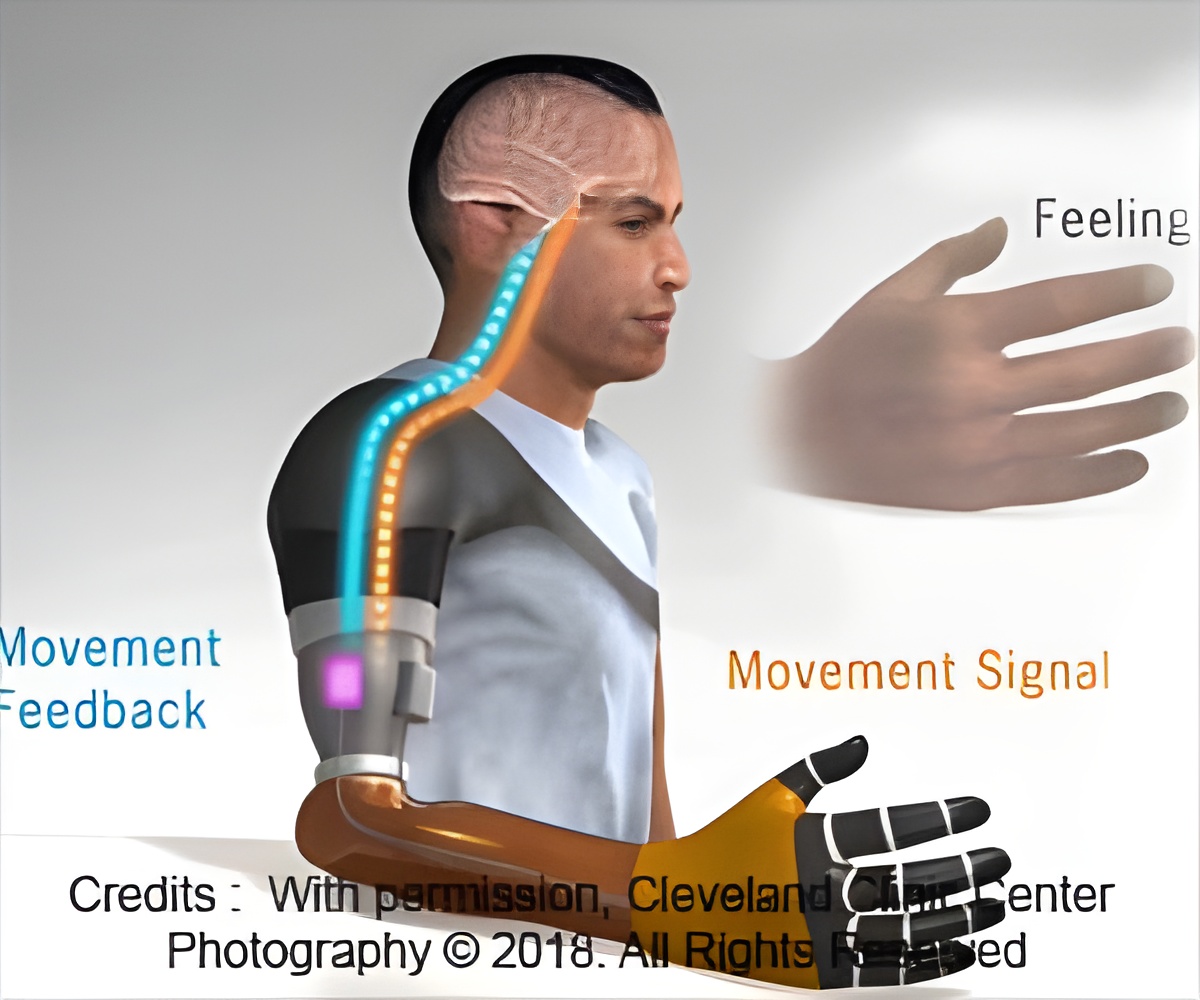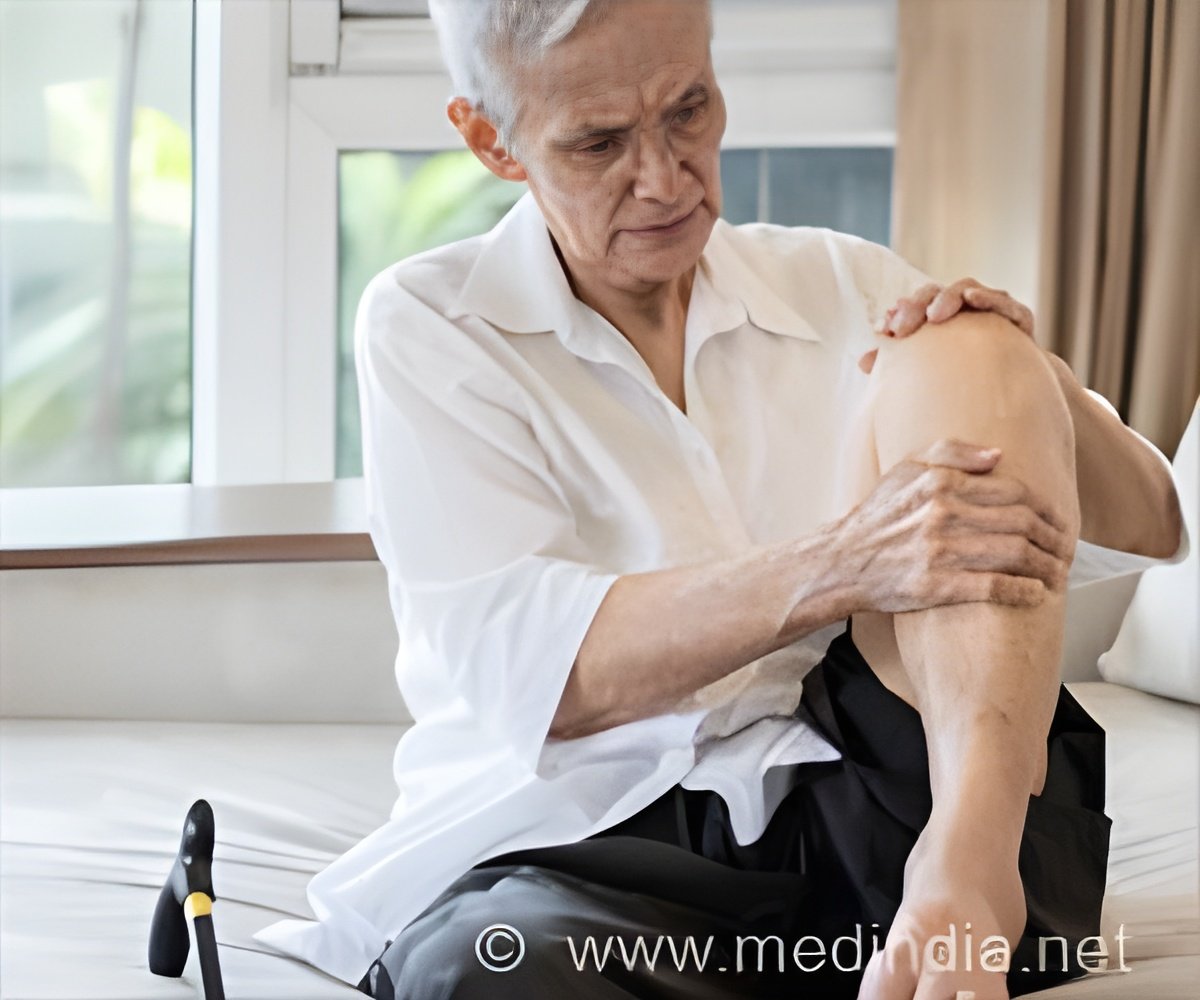The beginning of adulthood a vulnerable period for experiencing food insecurity is raised during the COVID-19 pandemic. This food insecurity among the young adult population negatively impacts the health course of multiple generations is a public health concern now.
‘Discrimination and safety concerns are the barriers to accessing healthy food for food-insecure young adults during the COVID-19 pandemic.’
Researchers used data from the COVID-19 Eating and Activity over Time (C-EAT) study, which collected survey data from 720 emerging adults from April to October 2020 and included interviews with a diverse subset of 33 food-insecure respondents.
“Our findings show an urgent need for research to address how the processes of racism that are embedded in the policies and practices of society and institutions are directly contributing to food insecurity,” said study lead Nicole Larson, PhD, MPH, RDN, Senior Research Associate, Division of Epidemiology and Community Health, School of Public Health, University of Minnesota, Minneapolis, MN, USA.
The findings also support the idea of expanding federal food assistance benefits for postsecondary students as both students and workers are not eligible for adequate benefits to meet their food needs.
Even among households that reported receiving federal food assistance (e.g., SNAP),many young adults are to obtain food from local food pantries or distribution sites.
The study results also highlighted the importance of ensuring that information about emergency food assistance sites through multiple communication channels and varying the open hours of sites to address the needs of young adults visiting outside in regular daytime hours.
This high level of food insecurity during the COVID-19 pandemic compel us to work toward eliminating food insecurity and ensuring that all people have access to adequate amounts of healthful foods.
As health care professionals, advocates, researchers, and members of society, we all have a role to play in work to prevent a widening of disparities following this COVID-19 pandemic.
Source: Medindia



